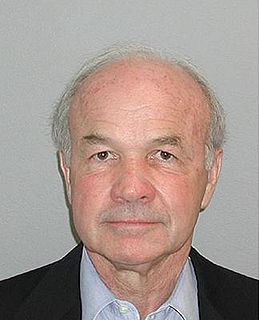A Quote by Charles Duhigg
For most of Wall Street's history, stock trading was fairly straightforward: buyers and sellers gathered on exchange floors and dickered until they struck a deal.
Related Quotes
Nowhere does history indulge in repetitions so often or so uniformly as in Wall Street. When you read contemporary accounts of booms or panics, the one thing that strikes you most forcibly is how little either stock speculation or stock speculators today differ from yesterday. The game does not change and neither does human nature.
As a society, we have this perception that women are emotional. The research, however, tells us that, on trading floors, that poor risk rises and falls with testosterone levels, and these trading floors are 85 percent, 90 percent male, and these gentlemen tend, under periods of stress, to show off for each other. That's dangerous.
































